Review: Netflix series “Insatiable” is filled with insensitivity and crude humor
At first glance, August was the progressive moviegoer’s dream. Jon Chu’s Crazy Rich Asians and the Netflix-released To All The Boys I’ve Loved Before depicted Asian and Asian-American characters in ways not often brought to the big screen, while Spike Lee’s BlacKkKlansman provided audiences with a swashbuckling tale of Ku Klux Klan villainy and African American bravado.
But for every thoughtful, poignant piece of work which graces our silver screens, out stumbles a blundering, ignorant mess of a show that seems to eschew common sensibilities in favor of lowbrow, ill-placed attempts at humor. Last month, that show was Insatiable, a Netflix series featuring moon-faced Disney star Debby Ryan as a once overweight, now angelically attractive and skinny (but no correlation, right?) Georgian teenager who develops a penchant for pageantry — beauty pageants, to be specific.
It’s interesting that Insatiable chooses to center its plot around pageants and competitions; were the show itself to be entered in such a contest, it’d be uncontested for its lazy writing and plot, crude humor and insensitivity.
Exhibit A: within its first thirty minutes of run time, the series hinges its events on two false sexual assault allegations. A central protagonist’s voiceover wistfully accepts his new identity, stating, “I was an accused molester saying the victim had made it up — which was almost as bad as if I’d actually done it.”
In the age of #MeToo, such a movie isn’t just superficially misguided. On a deeper level, it further propels the false notion that sexual assault is an “out” for women, a tool they can leverage when they find themselves merely unhappy. The allegations are used as a source of comedy, and are essentially wiped from the characters’ memories by the third episode. It’s lazy and insensitive to treat sexual assault as nothing more than a fleeting plot device, and it’s evident that Insatiable views it as nothing more.
On paper, Insatiable appears to be the perfect opportunity for show creator Lauren Gussis, who formerly struggled with her weight, to address topical issues of image and eating disorders in a sensitive, realistic light. Yet the series seems to be a vehicle for a stream of weight jokes. It’s implied that leading lady Patty (Debby Ryan) is driven to violence as a result of her weight, and, as a result, her lack of discipline and clear thinking. Weight loss is idealized, with the phrase “skinny is magic” appearing multiple times over the course of the series.
But it isn’t just that Insatiable deals with issues in the worst way possible – the show is just bad. It relies on tired stereotypes and treats characters like caricatures, tossing aside their personalities and ideologies when no longer needed. Dee, one of the show’s few characters of color, is epitomized as the “Angry Black Woman,” while Patty’s best friend, Nonnie, is used as a subtle punching bag for gay jokes. Women are portrayed as catty, competitive and manipulative, and are described within the show as “insane.” Patty’s characterization is erratic, transforming her from a revenge-minded femme fatale to an unsettling blend of the “Manic Pixie Dream Girl” and a cold-blooded killer.
Of course, it might be argued that sensitivities are meaningless compared to raw viewership. And for Insatiable, that might be seen as true. After all, anecdotally, the show has spread like wildfire among teenagers, serving as a springboard for discussions about the show’s treatment of the topics it dares to tackle. And maybe that’s a good thing.
But I’d argue that it’s not. Insatiable is a dumpster fire of a show – its “edginess” is simply uncouthness disguised as a satire. It might be seen as “refreshing” due to the fact that it introduces awful, ignored viewpoints into the mainstream consciousness, allowing toxic diet culture and sexism to be openly portrayed on TV screens and phones worldwide. And when we watch these shows, Netflix notices, and pushes for more shows like it. It’s up to us to watch and support responsible, well-written, truly funny shows (e.g. Everything Sucks!). Let’s sate our cravings for Insatiable – it’s lazy, crude and bad, and we deserve better.

Tanya is a senior at Naperville North, and can barely wait to get started with a new year for The North Star! As Editorials Editor, Tanya is responsible...

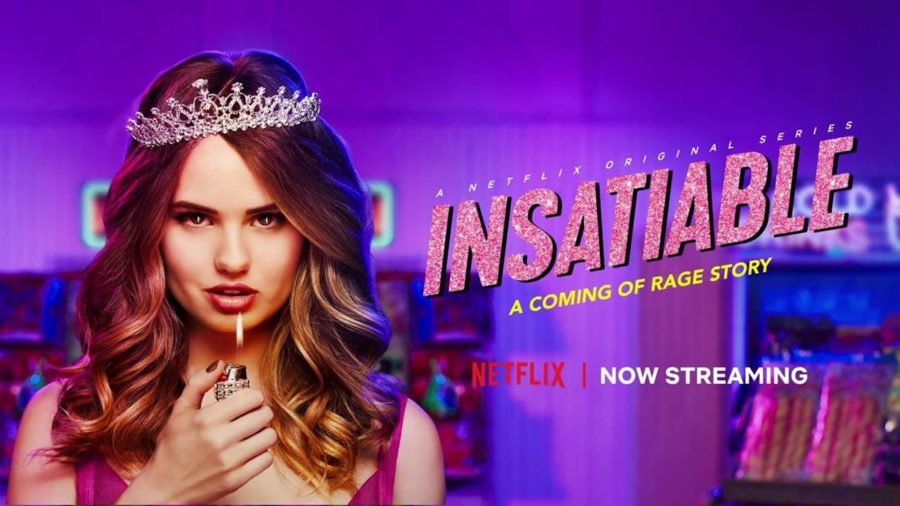
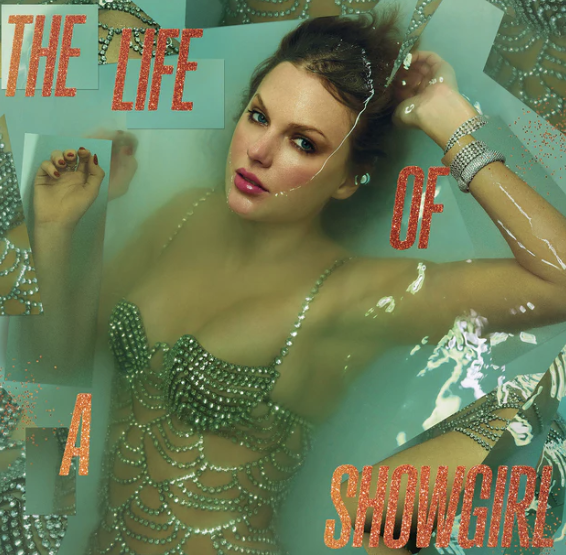



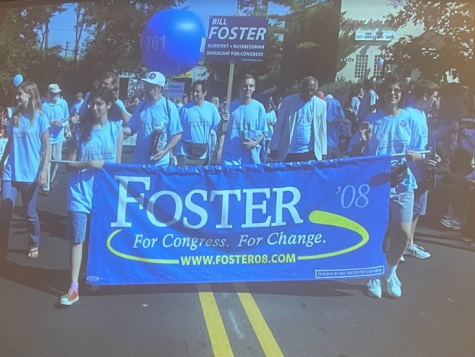
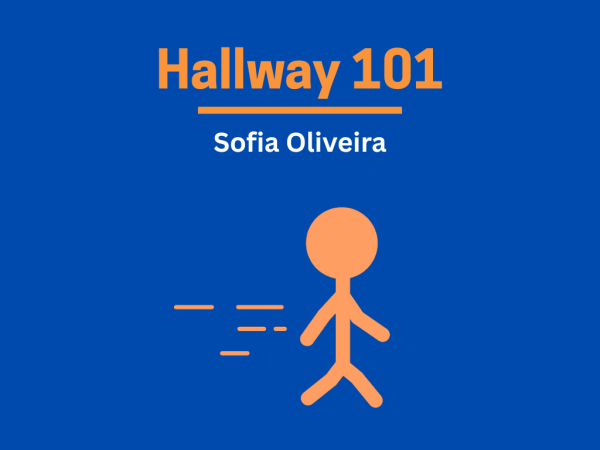

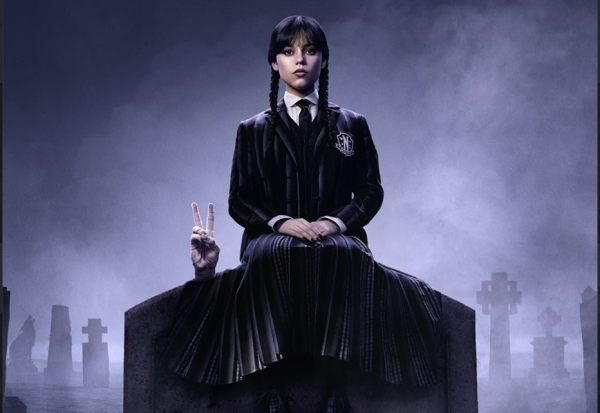


Megan Cablk • Sep 14, 2018 at 8:43 am
I really appreciated this review and thought it was very well written!